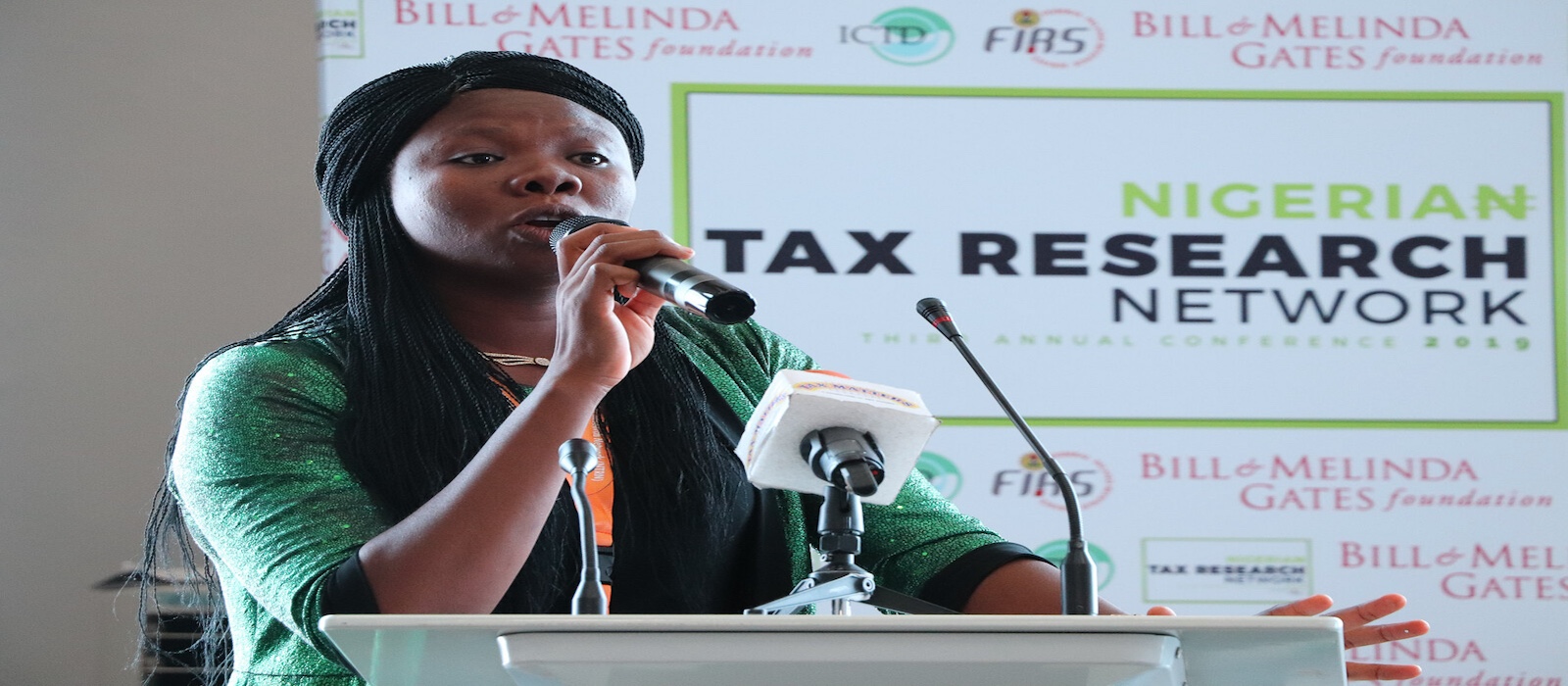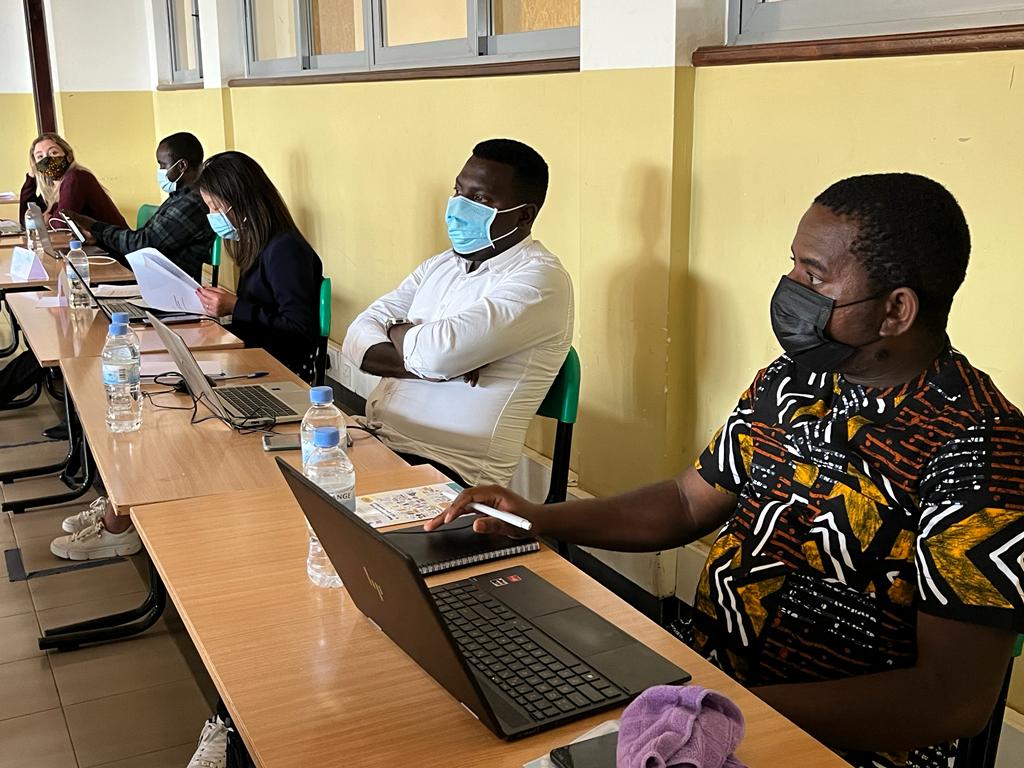Tax Reform and Political Economy Outcomes in Nigeria

December 2019 Annual Meeting of the Nigerian Tax Research Network | International Centre for Tax and Development, Stephanie Lenz
Study Context
What motivates citizens’ involvement in collective actions that promote social and political change and foster good governance? This is a key question in evaluating predictors of political participation that engenders good governance in developing countries. Despite the high level of citizens’ political participation observed during elections, civic commitment to good governance in many of Africa’s emerging democracies is weak. For instance, the average demand for democracy in Africa is about 95% and the average voter turnout is about 67.9%. Regardless, participation in other important determinants of government responsiveness is only about 10% participation in civil action when dissatisfied with government performance (Afrobarometer R7 2016/2018).
We will investigate if differences in historical (colonial) taxation systems help explain levels of local collective action (civic capital) and if this translates into differences in contemporary economic outcomes in Nigeria. Specifically, our project will address the following questions:
-
- Does the colonial investment in taxation capacity deepen contemporary institutionalized governance?
- What are the enduring plausible mechanisms supporting local cooperation, collective action, and citizens’ civic engagement in demand for good governance?
- What are the economic effects of the colonial investment in tax capacity in terms of living standards, education, and quality of health outcomes?
Study Design
We will use a spatial regression discontinuity design (RDD). The RDD analysis will minimize the concern about pre‐colonial differences and possible statistical cofounders of our household data set in areas near the borders between the pre-1914 Northern and Southern Protectorates. We will explore the plausible underlying mechanisms and show whether these persist and lead to differences in long-term socioeconomic outcomes at the household level.
Results and Policy Lessons
Results forthcoming.


